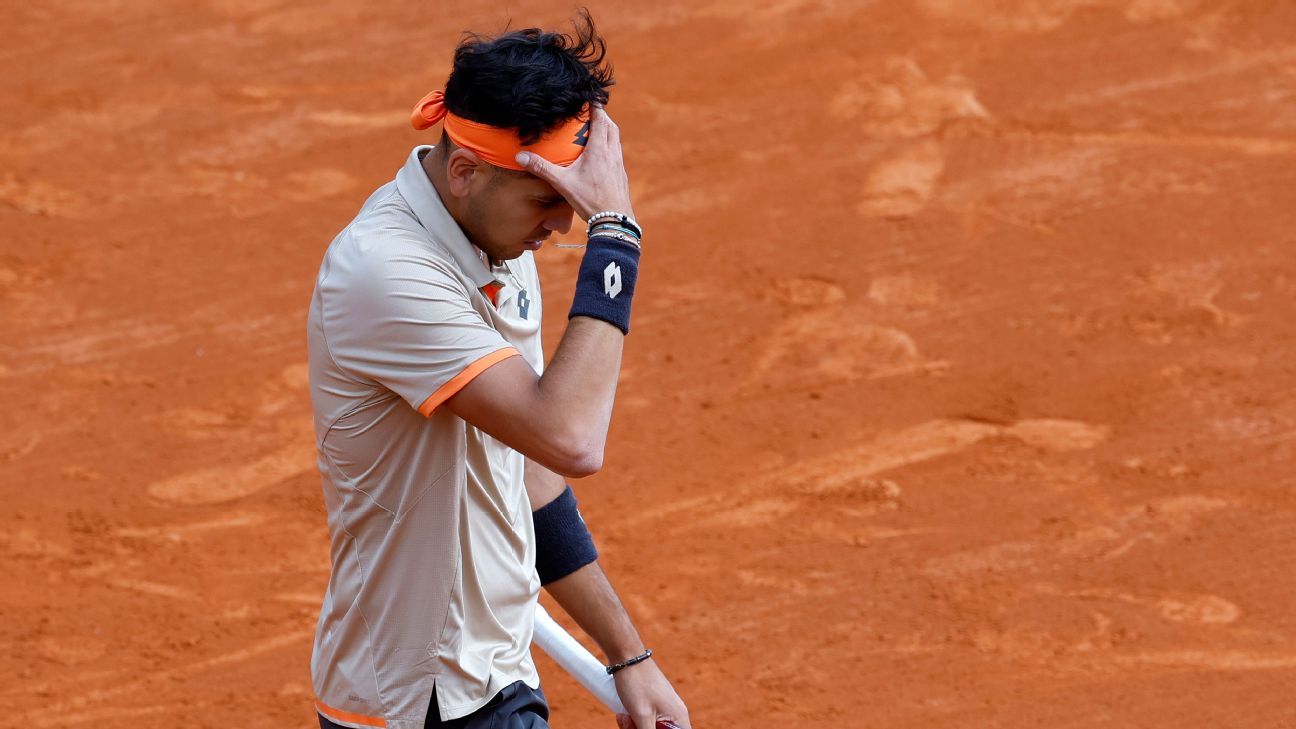Alex Benitez (Madrid, 17 years old) recalls that since childhood he was interested in computers. When he was barely 11 or 12 years old, he started learning programming from a book and in a self-taught way because, as his father told him, “I didn’t know any good programmer who didn’t learn to code by themselves.” In the summer after taking fourth place at ESO, he called him Dan Koo, from the Space Telescope Science Institute. The scientist is responsible for proposing to observe the galaxy MACS0647-JD through a telescope James Webb, also known as JWST, which – which Released on December 25th. After obtaining approval for his participation, the young man was listed as one of the investigators participating in this project, in which he helped from the very beginning. He is the only high school student to have appeared as a researcher in the JWST Cycle 1 General Observer Programs.
This project aims to observe MACS0647-J, one of the largest — or small if you look at it from the beginning of the universe — galaxies. “With our proposal, we want to determine its exact composition and, if possible, using the phenomenon of gravitational lensing, to observe even the oldest galaxies around,” he explains. The galaxy has already been seen by a space telescope Hubble, but not in great detail. They hope to have the first data in November next year.
To gain approval, the researchers had to show that their proposal for observing galaxies was better than the rest. That’s why they used a program (called Mirage) that mimic what James Webb I was going to see if I noticed a certain part of the sky. The problem is that this program was newly created and untested and had errors that “didn’t allow it to work”. And that’s where Benítez came in: He helped simulate the images: “What I did was read the whole program a few times, understand it and make it work with the help of Dan Coe. In the end, it’s a very complex program that requires knowledge of a lot about telescopes and astronomical objects,” he recalls. However, her role does not end here. Coe suggested continuing with it to process the data they started receiving next fall.
Experience in understanding the system allowed him to delve deeper into programming. “I learned a lot. In the end I did, but that was another level.” To do this, he relied on two astrophysics books that helped him understand the workings of stars, lenses, or telescopes, or how to calibrate one, among other things. In addition, this study “made him see” that what he loves is astrophysics. He was the researcher most connected to Coe, as well as Bryan Hilbert, the program’s creator Mirage. Most of the communication was through emails and some video calls. And when it came time to meet, he couldn’t travel because of the virus. Although the rest of the team had a professional scientific career, this young man appreciated the treatment they received with him, not on an equal footing, but without making him feel weak. “They treated me like someone who knows how to do things and that seemed to me really well. In the end it also helped me keep trying.”
Currently, he is studying a degree in Physics at the Complutense University of Madrid (there is an advanced course). It has always been what he likes the most because it allows him to use a lot of math, but it is applied to the real world. “You keep your feet grounded. The physics is tangible, it’s about the problems you see to some extent,” he explains. Another notable aspect is that when they receive the first data, they will already have more training: “I feel like I can do more for the project, more complex and technical things.” In the future, he would like to continue studying until the completion of his Ph.D., for the time being, on his way to astrophysics.
You can follow Theme in a Facebook social networking siteAnd Twitter e Instagram, or sign up here to receive Our weekly newsletter.

“Beeraholic. Friend of animals everywhere. Evil web scholar. Zombie maven.”







More Stories
This will be the Europa Clipper probe
Why can tongue color indicate health problems according to science?
Five underground wonders that you must visit and immerse yourself in the depths of the earth